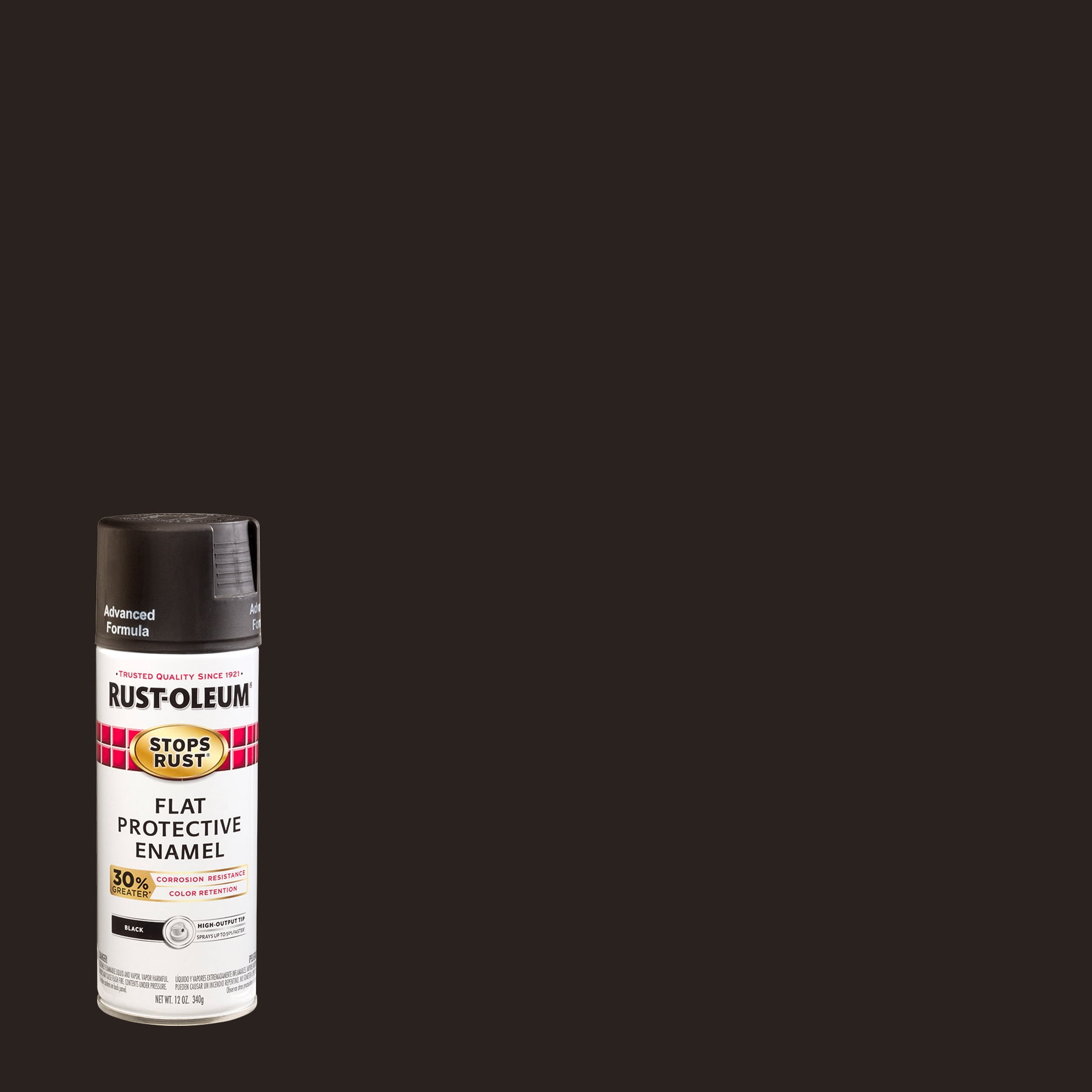I’ll add to using zinc paint to brush a little right where the mark is (only if there is bare steel showing.) Zinc dust coatings are worthless over anything other than being used direct to metal (DTM). The way zinc works is it takes the hit by becoming an anode, it’s the less noble metal instead of the metal it sits on. Even though painted cold galvanized zinc coatings are not completely waterproof, they don’t have to be because the metal they are on can’t rust as long as there is enough zinc taking the galvanic corrosion, but the zinc has to be in direct contact with the metal.
The other thing you could do is use a little JB weld.
JB weld is an epoxy and it is water proof and oxygen proof. Once you cut off the source of oxygen and moisture to ferrous metals (or any metals) they can not rust or corrode. You can do a nice job by tooling the JB weld into the paint gouge so that you maintain the same contour as the surrounding paint so it’s not all globbed up.
Or just leave it and make sure you rinse it well.
The worst thing you could do would be to brush touch it with some cheap paint which water could migrate through but provides no galvanic protection like zinc does, or completely waterproofs like epoxy does.






